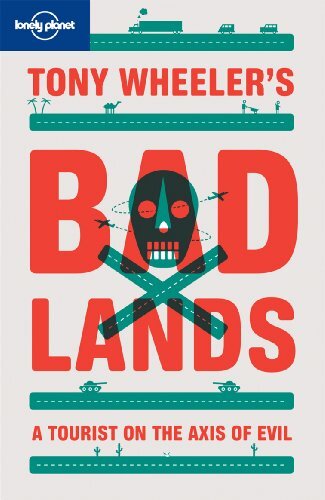Che Guevara is, to put it lightly, a polarizing figure. Though his deification on some parts of the left makes me a bit queasy given the repressions he oversaw—and to some extent directly imposed—on Cuba’s citizens, the countervailing vilification he receives from the right has always felt a little forced, as the exigencies of revolution and war seem to them acceptable, even laudable, when done by their side, and repugnant when done by others. Basically, Che is the ultimate optical illusion for political partisans: some see two faces chatting, others see a vase, but the pattern of light and shadow is in both cases identical.
But I’m not here to talk about Che Guevara the revolutionary, but Ernesto Guevara, author of a poignant memoir about his travels around South and Central America. It’s called The Motorcycle Diaries, but the eponymous motorcycle dies less than halfway through the book, and anyway it isn’t even really a motorcycle, but a regular bicycle with a jury-rigged motor attached (though come to think of it, putting a motor on a bicycle does make it a motorcycle in the most literal sense, so point to Che there, I guess).
Published nearly 30 years after his death, The Motorcycle Diaries was obviously released without Che’s knowledge, and it’s unclear to me whether he wrote his diary with the intention that anyone would ever read it. There is indeed no overwhelming impulse to apply narrative structure to the text, with passages recounting experiences episodically and often without the connective tissue of segues. A few of his letters to his parents are interspersed between entries. Yet there is undeniably a literary flourish to the work that suggests he hoped it to be read. I am always reluctant to judge the prose style of works read in translation, but I can at least say that Che utilized a surprising degree of lyricism, irony, and humour, giving depth to his more prosaic observations of life among the lower classes of South America. The humour especially surprised me, particularly its sly self-deprecation. I will remember the anecdote about the peaches for the rest of my life.
Also evident (and here the right wingers will roll their eyes and gag) was an undeniable empathy for the people he met. For nearly everyone he writes about, he does so with compassion and kindness, and there seems to be a sincere sorrow at the plight of the poorer folks he encounters. particularly the patients at one of the several leper colonies he visits. Whether this compassion was a genuine fuel for his revolutionary zeal or merely a pretense for later violence is something I’ll leave to others to debate, because frankly I don’t really care. Che was who he was and did what he did, and regardless of these things his writings show insight and talent.



